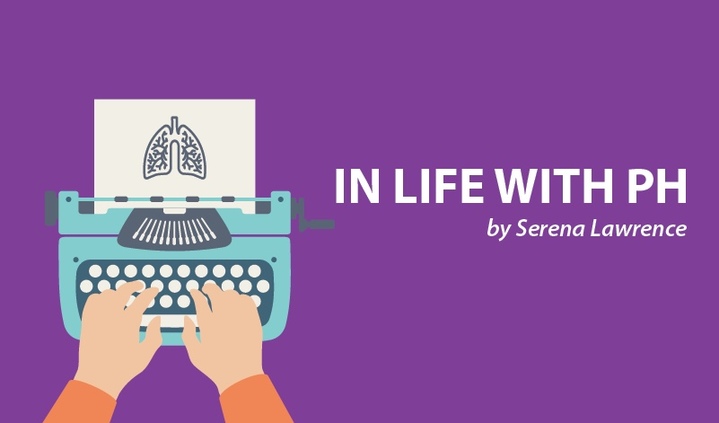Life With PH: The Doctor Will Not See You Now


Pulmonary hypertension is the great impersonator. Before I received a proper diagnosis, many medical experts tried to tell me that I had asthma, had been poisoned, or had anxiety. Pulmonary hypertension wasn’t even on their radar. When a young person comes in the ER with shortness of breath, doctors think asthma, not pulmonary hypertension. They hear hoofbeats, and think horse, not zebra.
People with pulmonary hypertension and other rare diseases are often described as medical zebras. This is based on a theory coined in the late 1940s by Dr. Theodore Woodward, who told his medical interns that “when you hear hoofbeats, think of horses, not zebras.” Horses are more common in North America that zebras, so the aphorism intends to remind doctors not to suspect exotic illnesses when commonplace ones are more likely. Although this is clearly not always the case, Dr. Woodward’s saying is still used widely in medical circles today.
The day that I was diagnosed, I walked into a room with a medical student in it. I saw a student before the doctor (even though everyone but me was well aware of my diagnosis at this point). She asked me a bunch of questions, and examined my body in a few places. This is something I have reluctantly become accustomed to.
Having a rare disease makes me a good project for medical interns. These students are learning to question whether the hoofbeat is coming from a horse or zebra, instead of just assuming the most common diagnosis.
I feel disappointed everytime I walk into a doctor’s office and see someone my age waiting for me. Doctors are forgetting that I woke up at 5:30 a.m. and drove two hours, and then waited in the waiting room for 1 hour and 45 minutes to see them. I want consistent treatment. Not to be treated like a lab experiment whenever I go for an appointment.
While I do want the future generation of medical professionals to know about pulmonary hypertension, it would be nice if I could give my consent. I have been seen by over a dozen medical students and interns by now. Unfortunately, this takes away from the quality of treatment that I receive.
Medical students and interns will ask me the same list of routine questions that I was asked upon diagnosis, and then they do the same physical exam. These questions are general questions that are asked during the diagnosis process. As someone who is nearly three years past diagnosis, they aren’t exactly needed anymore.
As a result, I end up having a 30-minute consult with a medical student, who tries to explain to me what idiopathic pulmonary hypertension is (for the 57th time). The doctor then comes into the room, and medical student recites the findings back to the doctor. I sit there listening as the medical student recites some of the information I gave back incorrectly, and adds in a few things that I never said.
After the medical student tells the doctor that my heart sounds good, other than “that sound” my appointment is over. The doctor never examines me. The doctor does not check me for heart failure, or to see if I am retaining too much fluid. The doctor never speaks to me, only the student. The doctor never gives me the chance to speak to him or her, or to ask questions.
As someone who tries very hard to be my own advocate, it is very frustrating to go through this sort of “Groundhog Day” scenario of the day I was diagnosed over and over again. I wish that my consent was needed to be examined by a medical student or intern. It gets disheartening to never fully get to be seen by a doctor to discuss treatments, symptoms, and other issues. Or to be given the opportunity to speak. I have become a case study, part of a student’s project, which strips me of the ability to be involved in my own healthcare.
Do you think patients should have to give their consent in order for a medical student or intern to examine them?
Note: Pulmonary Hypertension News is strictly a news and information website about the disease. It does not provide medical advice, diagnosis, or treatment. This content is not intended to be a substitute for professional medical advice, diagnosis, or treatment. Always seek the advice of your physician or other qualified health provider with any questions you may have regarding a medical condition. Never disregard professional medical advice or delay in seeking it because of something you have read on this website. The opinions expressed in this column are not those of Pulmonary Hypertension News, or its parent company, Bionews Services, and are intended to spark discussion about issues pertaining to Pulmonary Hypertension.







